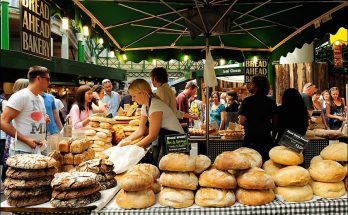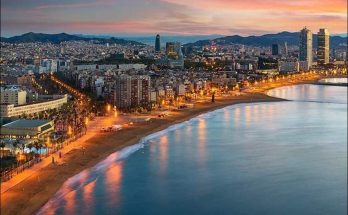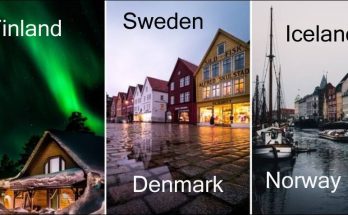The dates for Muslim religious festivals are celebrated according to a lunar calendar; the dates are locked in every few years by Muslim authorities. Only two religious holidays are public holidays: Seker Bayrami, a 3-day festival at the end of Ramazan (30 days in December-January when a good Muslim lets nothing pass the lips during daylight hours), and Kurban Bayrami (March-April) which commemorates Abraham’s near-sacrifice of Ismael on Mt Moriah.
In commemoration of God permitting Abraham to sacrifice a ram instead of his son, every Turkish household who can afford a sheep buys one, takes it home and slits its throat right after the early morning prayers on the actual day of the bayram. Family and friends immediately cook up a feast. You must plan for Kurban Bayrami: most banks close for a full week, transportation will be packed and hotel rooms will be scarce and expensive.
Secular festivities include camel-wrestling in mid-January, in the village of Selçuk, south of Izmir, and National Sovereignty Day, April 23, a big holiday to celebrate the first meeting of the republican parliament in 1920. Celebrations abound in summer: there’s a sloppy oiled wrestling festival in early June at Sarayiçi, near Edirne; the country Kafkasör Festival near Artvin in northeastern Turkey in the 3rd week of June; the International Istanbul Festival of the Arts (late June to mid-July); Bursa’s Folklore and Music Festival in mid-July and Diyarbakir’s Watermelon Festival in mid or late September. The whole country stops, just for a moment, at 9:05am November 10, the time of Atatürk’s death in 1938.
Views: 167



